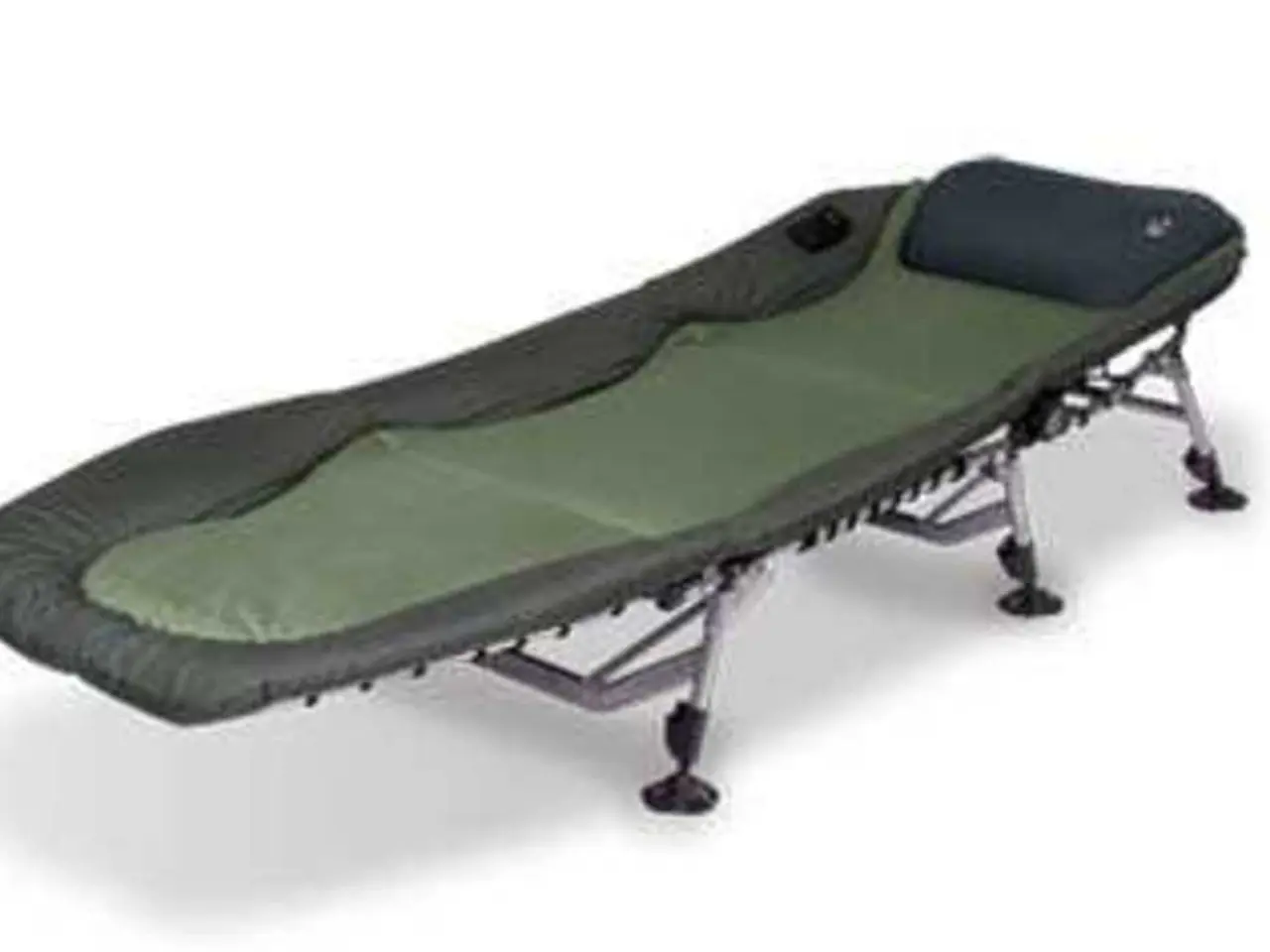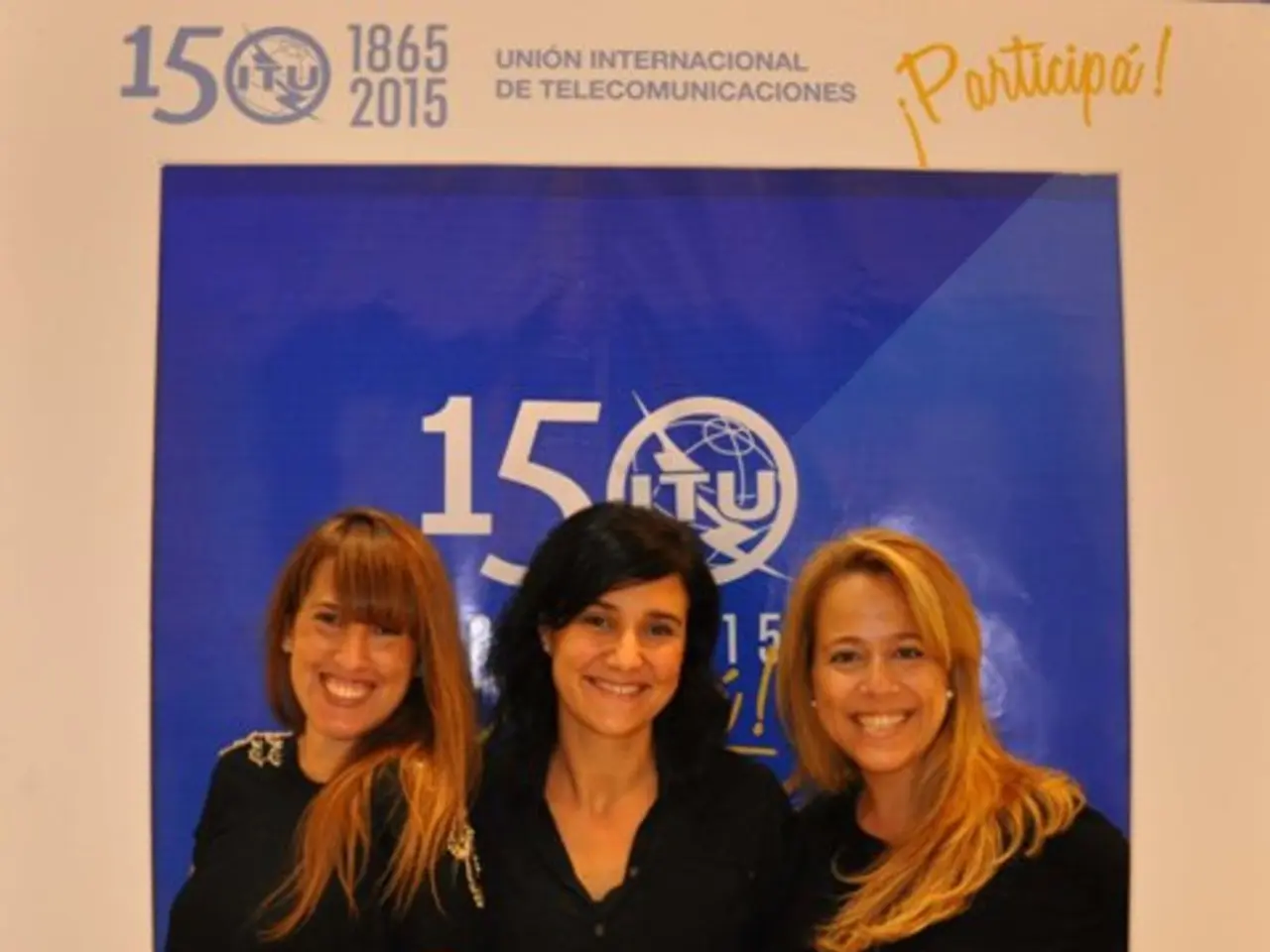Muscular Relaxation Through Progressive Methods: Advantages, Methods, and Further Details
Progressive Muscle Relaxation (PMR) is a simple yet effective relaxation technique that has gained popularity in recent years. This method, which involves tensing and then releasing individual muscles one at a time, can offer more than just stress relief and improved sleep quality.
The practice of PMR starts by finding a quiet space, either sitting or lying down. From there, individuals systematically tense and relax muscles, starting from the feet and working their way up to the head. This process helps slow breathing, bring a person's focus to the present moment, and activate the body's relaxation response [1][2][3].
One of the key benefits of PMR is its ability to reduce mental and physical stress. Chronic stress can have a range of health effects, including causing muscle tension in the neck and shoulders, contributing to headaches or migraines, worsening the symptoms of chronic conditions such as chronic pain, asthma, and digestive disorders, and increasing the risk of high blood pressure, heart disease, and stroke [4]. By reducing stress, PMR can help alleviate these symptoms and promote overall well-being.
Beyond stress relief, PMR offers additional benefits:
- Pain Management, including Shoulder and Neck Pain: PMR can reduce chronic muscle pain by interrupting the cycle of muscle tension caused by stress. By lowering muscle tone and reducing stress hormones like cortisol, PMR-induced relaxation improves blood flow, delivering more oxygen and nutrients to injured or inflamed tissues, aiding recovery and reducing flare-ups in areas such as the shoulders and neck [1].
- Enhanced Body Awareness and Physical Relaxation: The systematic tensing and releasing of muscle groups makes individuals more aware of where they hold tension, improving their ability to consciously release it. This skill supports relaxation beyond sessions and can help manage physical symptoms of anxiety or stress that manifest in specific muscle groups like the jaw or shoulders [2][4].
- Overall Well-Being and Anxiety Reduction: Regular practice of PMR is shown to improve general well-being, lowering anxiety levels and contributing to a calmer mental state [3].
- Rehabilitation and Recovery Support: By improving circulation and muscle relaxation, PMR can support tissue repair and long-term recovery from muscular injuries or chronic pain conditions, complementing rehabilitation efforts [1].
Research has also shown that PMR can be effective in managing chronic pain, particularly for those with chronic neck or low-back pain and arthritis-related pain [5]. Furthermore, a 2023 study found that a migraine management program including relaxation training (PMR) reduced the severity of migraine episodes and improved daily activities [6].
However, if a person finds it difficult to relax, sleep, or manage mental health symptoms despite regularly making time to relax, they may wish to consult a healthcare or mental health professional. It's important to note that while PMR can be a valuable tool, more research is necessary on the specific applications of PMR, as many of the studies involved a low number of participants [7].
To try PMR, one should find a peaceful and quiet place, close the eyes, and repeat a pattern of tensing muscles while inhaling and then relaxing them while exhaling for muscles all the way up the body. If PMR is not effective, there are other relaxation techniques available, such as breathing exercises, meditation, yoga, tai chi, qi gong, visualization exercises, self-hypnosis, biofeedback-assisted relaxation, and massage [7].
In summary, PMR is a versatile technique used not only for stress and sleep but also for pain relief, heightened bodily awareness, anxiety reduction, and physical rehabilitation support. These benefits make it valuable in clinical settings for chronic pain management and physical therapy as well as in everyday self-care.
[1] https://www.ncbi.nlm.nih.gov/pmc/articles/PMC7122792/ [2] https://www.ncbi.nlm.nih.gov/pmc/articles/PMC3648246/ [3] https://www.ncbi.nlm.nih.gov/pmc/articles/PMC3525187/ [4] https://www.ncbi.nlm.nih.gov/pmc/articles/PMC3648246/ [5] https://www.ncbi.nlm.nih.gov/pmc/articles/PMC7122792/ [6] https://www.ncbi.nlm.nih.gov/pmc/articles/PMC8821529/ [7] https://www.ncbi.nlm.nih.gov/pmc/articles/PMC6887112/
- Alongside stress relief and improved sleep quality, Progressive Muscle Relaxation (PMR) provides alternative medicine approaches for mental health, such as reducing anxiety levels and contributing to a calmer mental state.
- Under the umbrella of health-and-wellness, PMR offers various therapies-and-treatments for chronic pain, including neck and low-back pain, and arthritis-related pain, working as an alternative to traditional medicine.
- In the realm of other alternatives, PMR is not only effective in managing stress but also in improving overall well-being, enabling a person to cope with mental-health challenges in a more holistic manner.
- As research continues to evaluate the impacts of PMR, it's essential to remember that it is only one of many alternative therapies available, with science encouraging the exploration of additional techniques such as breathing exercises, meditation, yoga, tai chi, and qi gong for health-and-wellness concerns and mental-health issues.




